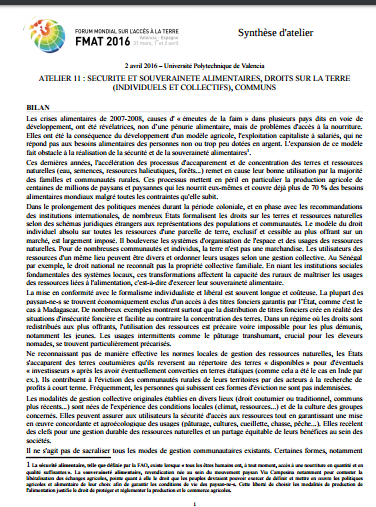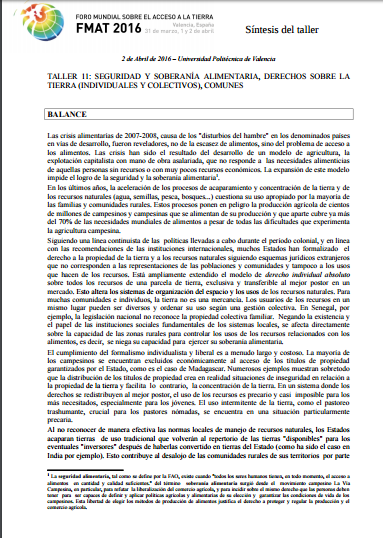Pueblo Mbya Guaraní: Comunidad Indígena Yvyratymi (Vega Cué)
Esta es la historia de la Comunidad Indígena Yvyratymi (Vega Cué), en Paraguay, que apenas logró recuperar una parte de su territorio, 205 hectáreas. Se trata de su retorno y el arraigo al territorio como el principio de la reconstrucción de su identidad y la armonía en sus vidas. La titulación de sus tierras se concretó en 2006, con el apoyo y gestión constante de las Carmelitas Misioneras.







